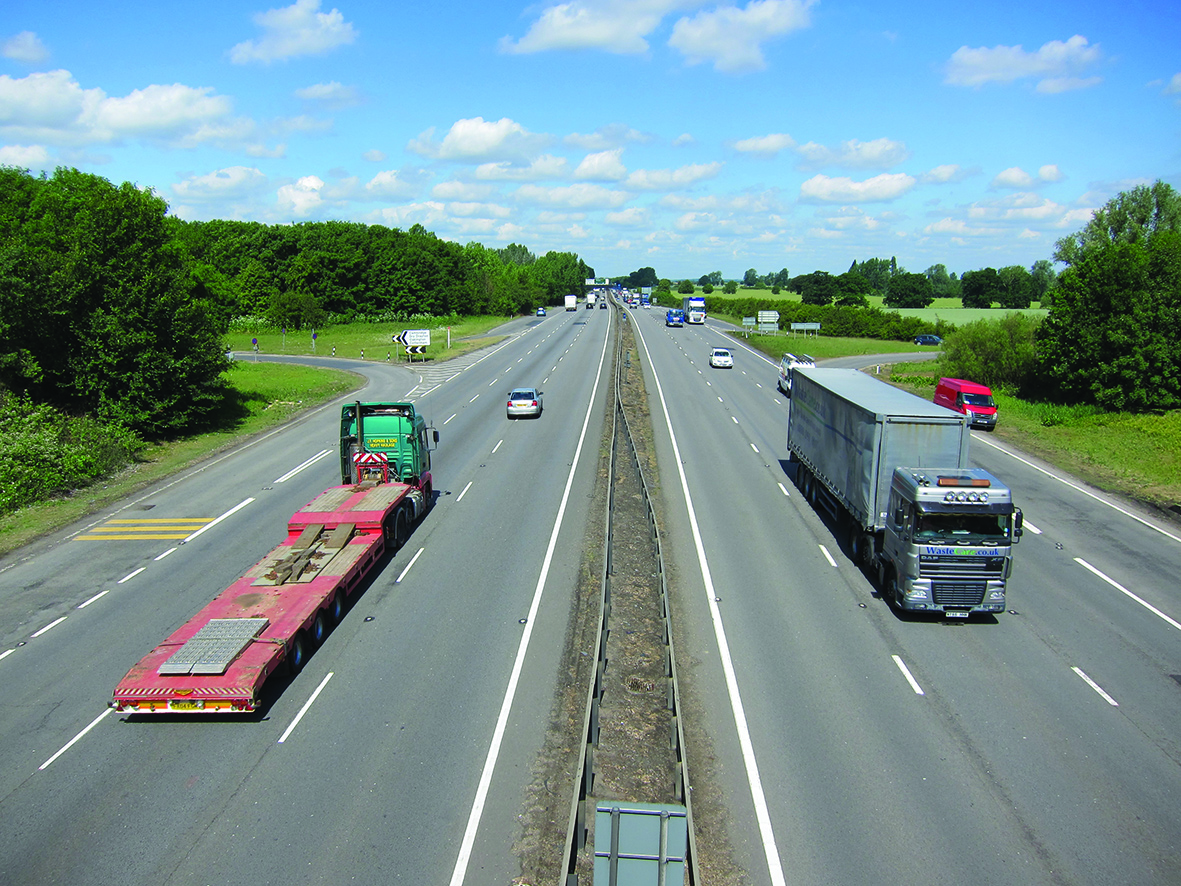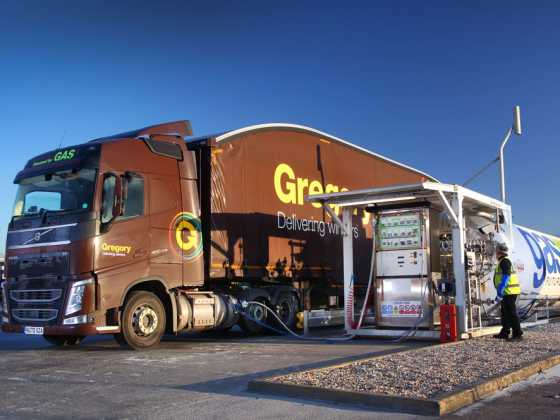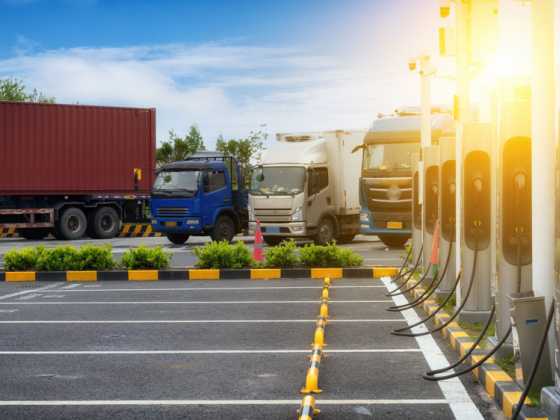Awaiting the government’s Transport Decarbonisation Strategy

Denise Beedell, policy manager for vans and urban at Logistics UK examines what needs to happen for logistics businesses to achieve net-zero transport emissions by 2050
The forthcoming publication of the government’s Transport Decarbonisation Strategy, set to be announced this spring, will provide Logistics UK and its members with vital guidance on how logistics businesses can achieve net-zero transport emissions by 2050.
While industry is fully committed to reducing its emissions, the government has a crucial role to play in ensuring suitable plans are in place to support this net-zero target. Logistics UK needs the government to create simple and consistent policies for grants, taxation, regulations and urban restrictions to ensure the transition from conventionally fuelled vehicles does not place additional financial strain on businesses that are still recovering from a financially challenging 12 months. Before any mass transition to electric vehicles (EVs) can happen, the government must ensure the correct power supply capacity and infrastructure is in place to provide sufficient power at both depots and homes.
Many fleet operators have already begun the transition to EVs; however, there are many that have not, with the lack of available vehicle types remaining a key barrier to further uptake. Logistics UK has called on manufacturers to present definitive timelines as to when heavier models – such as those over 3.5 tonnes – will be available, as well as models such as tippers and pickups. The business group is also calling for government intervention to help bring forward the market introduction of cleaner, low-carbon HGVs. Currently, there are only three large vans and trucks that qualify for Department of Transport funding, compared to 19 vans. In the view of Logistics UK, the government must work with industry to decide how to increase the number of trucks that qualify for a grant, as well as fund demonstrator projects to pull forward innovative technology.
While positive progress has been made towards reducing emissions and decarbonising the industry, such as the trial of Longer Semi-Trailers (LSTs), Logistics UK – and its members – are looking forward to the publication of the Transport Decarbonisation Strategy and working together with the government to achieve net-zero greenhouse gas emissions.






